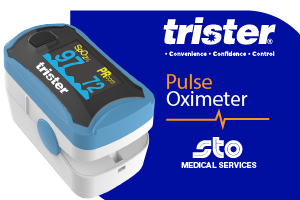Gov’t Enhances Disaster Relief Aid for Affected Families

Photo: MNDF
The government has announced significant revisions to the financial assistance provided to families impacted by disasters, as part of its ongoing efforts to streamline relief operations and enhance humanitarian aid delivery.
Under the revised guidelines established by the National Disaster Management Agency (NDMA), which governs its disaster response protocols, several key amendments have been introduced to ensure more effective support for affected individuals and communities.
The updated guidelines now include specific provisions outlining minimum standards for humanitarian relief and assistance aimed at mitigating the impact of disasters, particularly in terms of property damage.
Among the notable changes is the introduction of a comprehensive assessment process to evaluate the extent of damage sustained by households, encompassing various structural elements such as roofs, floors, foundations, as well as personal belongings and essential appliances.
Key highlights of the revised regulations include:
Enhanced Compensation: Disaster victims whose tangible assets and goods incur damage valued below MVR 79,999.99 will now receive 75 percent of their loss as disaster relief aid, a significant increase from the previous compensation rate of 25 percent. Similarly, victims experiencing damage exceeding MVR 80,000 will be entitled to a fixed aid amount of MVR 60,000, up from MVR 16,000.
Property Damage Compensation: In cases where property or home damage falls below MVR 149,999.99, affected families will receive 75 percent of the total cost as disaster relief aid, compared to the previous practice of full compensation. For damage surpassing MVR 150,000, victims will be eligible for a fixed aid amount of MVR 150,000.
The revised regulations also introduce a more equitable assessment methodology, considering factors such as household size and the extent of damage to essential appliances, with asset valuation based on prevailing market prices.
Furthermore, the updated guidelines emphasise the provision of timely assistance to families facing compromised living conditions, damaged homes, or temporary displacement. Temporary shelters will be provided as needed, with a maximum stay of 15 days prescribed by the regulations. Exceptions may be granted for extended stays of up to 30 days, subject to valid requests and justifications.










